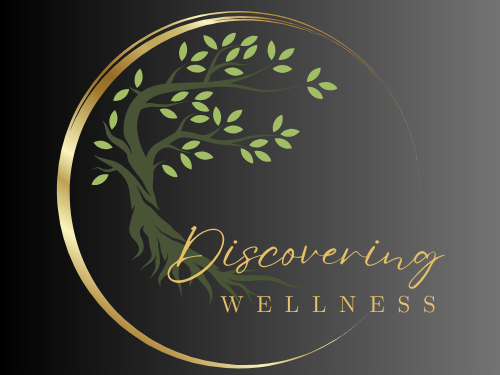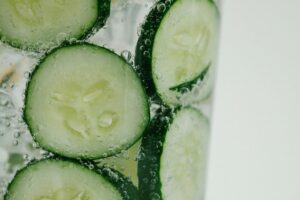
Hypertension, commonly known as high blood pressure, is a prevalent health condition that affects millions of people worldwide. While genetics can play a role, lifestyle factors often contribute significantly to its development. Among these factors, obesity and diet stand out as crucial influencers, but they are not alone. Let’s delve into how lifestyle choices can lead to hypertension and explore natural remedies that may help manage or even reverse this condition.
Lifestyle Factors and Hypertension:
Obesity: Obesity is a significant risk factor for hypertension. When your body carries excess weight, it requires more blood to supply oxygen and nutrients to tissues, which increases the workload on the heart and raises blood pressure. Additionally, obesity can lead to the accumulation of fatty deposits in the arteries, causing them to narrow and stiffen, further elevating blood pressure.
Diet: A diet high in sodium, saturated fats, and processed foods is closely linked to hypertension. Excessive sodium intake can cause the body to retain water, increasing blood volume and pressure. Similarly, diets lacking in essential nutrients like potassium, magnesium, and fiber may disrupt blood pressure regulation mechanisms.
Other Lifestyle Factors:
- Physical Inactivity: Lack of regular physical activity weakens the heart and cardiovascular system, making them less efficient at pumping blood, which can contribute to hypertension.
- Stress: Chronic stress can lead to the release of stress hormones like cortisol, which can temporarily raise blood pressure. Over time, prolonged stress can lead to hypertension.
- Alcohol and Tobacco Use: Excessive alcohol consumption and smoking can damage blood vessels and raise blood pressure, increasing the risk of hypertension.
Natural Remedies for Hypertension:
While medications are commonly prescribed to manage hypertension, incorporating natural remedies into your lifestyle can complement medical treatment and support overall cardiovascular health. Here are some herbs, remedies, and superfoods that may help lower high blood pressure or even reverse it:
Garlic: Garlic contains compounds that may help relax blood vessels and lower blood pressure. Incorporating fresh garlic into your meals or taking garlic supplements may offer modest benefits for hypertension management.
Hibiscus: Hibiscus tea has been shown in studies to have a mild blood pressure-lowering effect, possibly due to its diuretic properties and ability to act as a natural ACE inhibitor.
Beetroot: Beetroot and beetroot juice are rich in nitrates, which can dilate blood vessels and improve blood flow, leading to lower blood pressure. Adding beetroot to your diet or drinking beetroot juice regularly may help reduce hypertension.
Omega-3 Fatty Acids: Found in fatty fish like salmon and mackerel, omega-3 fatty acids have been associated with cardiovascular benefits, including lower blood pressure. Consider incorporating fish into your diet or taking omega-3 supplements to support heart health.
Magnesium and Potassium: Both magnesium and potassium play essential roles in blood pressure regulation. Foods rich in these minerals, such as leafy greens, nuts, seeds, and bananas, can help lower blood pressure when included in a balanced diet.
Cinnamon: Cinnamon has been studied for its potential to improve blood vessel function and reduce inflammation, which may contribute to lower blood pressure levels. Adding cinnamon to foods or beverages can be a flavorful way to incorporate this spice into your diet.
Turmeric: Curcumin, the active compound in turmeric, possesses anti-inflammatory and antioxidant properties that may benefit cardiovascular health. Including turmeric in cooking or taking curcumin supplements may help support healthy blood pressure levels.
Green Tea: Green tea contains catechins, which have been associated with improvements in blood pressure and cardiovascular health. Drinking green tea regularly can be a refreshing way to potentially lower hypertension risk.
Dark Chocolate: Dark chocolate with a high cocoa content contains flavonoids, which have been shown to improve blood vessel function and lower blood pressure. Enjoying a small amount of dark chocolate as part of a balanced diet may have heart-healthy benefits.
Incorporating these natural remedies into your lifestyle, along with adopting a healthy diet, regular exercise, stress management techniques, and avoiding tobacco and excessive alcohol consumption, can contribute to better blood pressure control and overall cardiovascular health. However, it’s essential to consult with a healthcare professional before making significant changes to your diet or starting any new supplements, especially if you have hypertension or are taking medication for it. By taking a holistic approach to hypertension management, you can empower yourself to lead a heart-healthy life.



